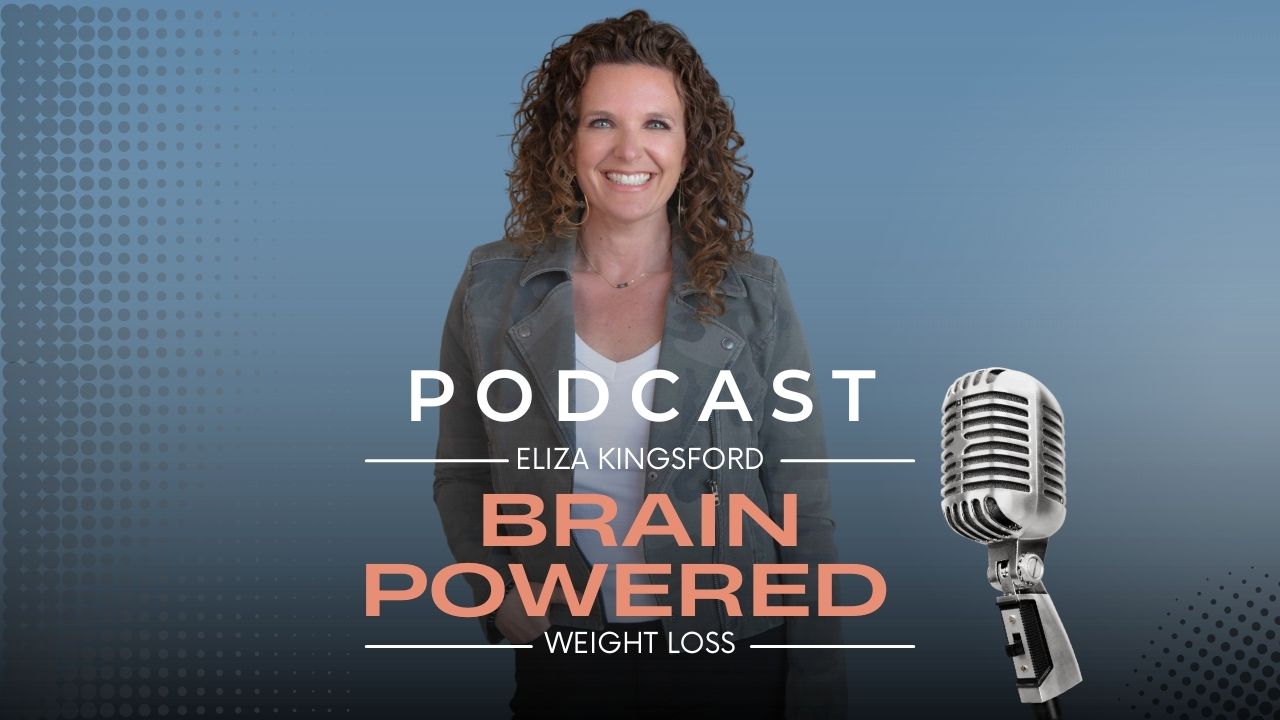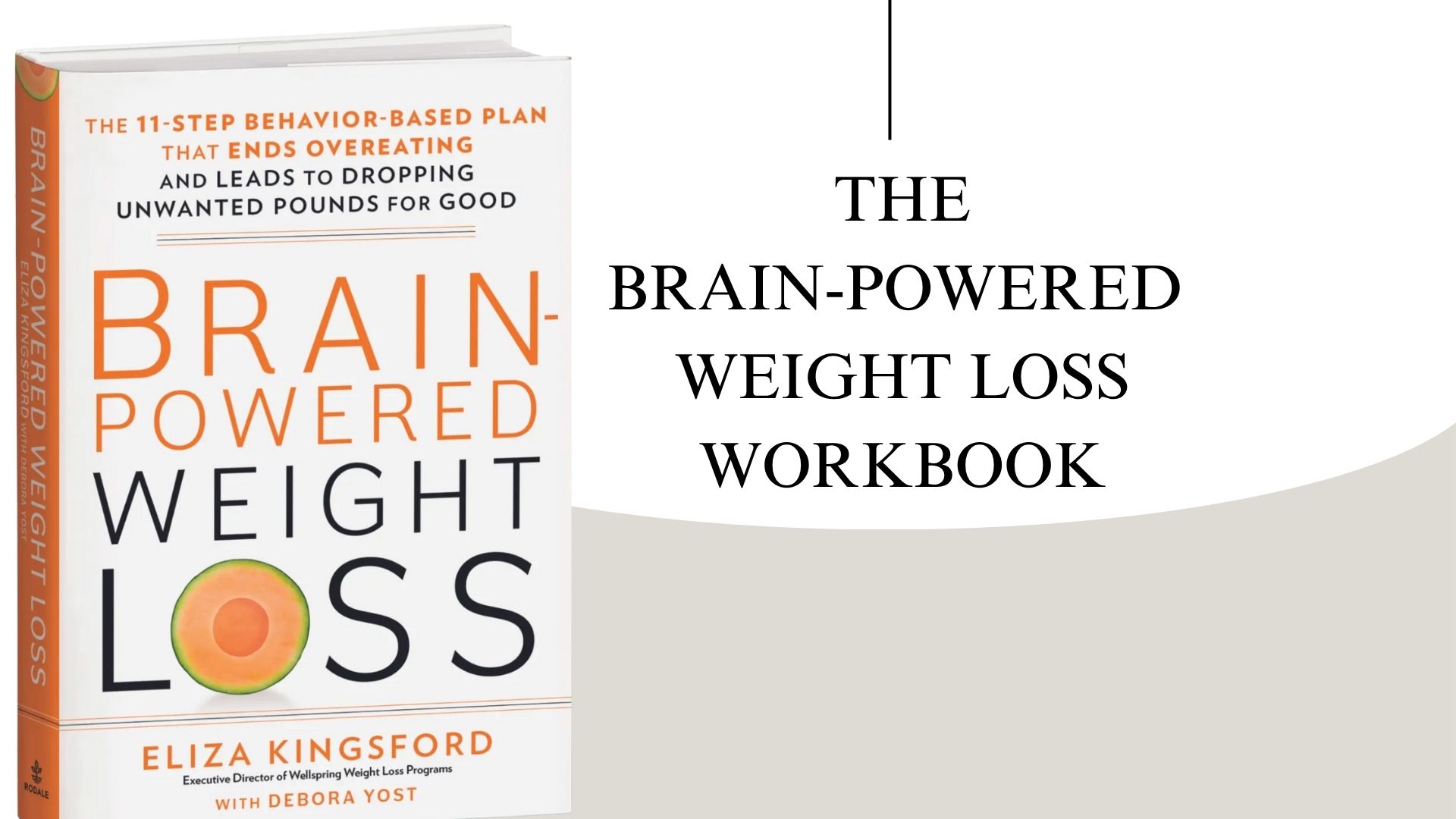
Weight Is a Symptom, Not the Problem: Rethinking Outdated Approaches to Weight Loss
Nov 06, 2025Let’s get real for a moment.
If you're a woman over 40, or if you've spent years battling weight gain despite trying every diet under the sun—keto, intermittent fasting, low-carb, plant-based, paleo—you might be wondering: What’s wrong with me? Why can’t I stick to anything? Why do I keep ending up right back where I started?
Here’s the truth that the $70+ billion weight loss industry doesn’t want you to know:
Weight is not the problem. It’s the symptom.
That simple shift in perspective? It changes everything.
The Diet Dilemma: Why Willpower Isn’t the Answer
We've been taught that if we just find the right diet or exercise plan, everything will click into place. That if we could just muster enough willpower, we could finally “fix” our weight.
But let’s be honest. How often has that worked—long-term?
If weight was the root issue, diets would work. But most don’t. At least not sustainably. Because diets are designed to control what you eat—not why you eat in the first place.
They don’t address your:
- Emotional eating patterns
- Stress-driven food choices
- Nervous system triggers
- Deeply ingrained habits
So what happens? You start strong, maybe even lose a few pounds. But then—boom—life just keeps happening, and suddenly, you’re knee-deep in a sleeve of cookies, wondering what just happened. You didn’t fail. The diet failed you.
Your Nervous System Holds the Real Answers
We like to think our food choices are logical and conscious. But science tells a different story.
Your decisions around food are driven by your nervous system first, then filtered through habitual brain pathways, and only then do they become actions.
This means if your nervous system is dysregulated (hello stress, anxiety, trauma), it’s going to hijack your ability to make healthy, intentional choices—no matter how motivated you are.
Think of your nervous system like a fingerprint: it's unique to you. And until you understand its blueprint, you're trying to change habits without understanding the system that created them in the first place.
Learned Helplessness: The Hidden Weight Loss Saboteur
Every time a diet fails, you internalize that failure. You start to believe:
- “Something must be wrong with me.”
- “I just don’t have enough discipline.”
- “I’ll never be able to lose weight.”
This repeated cycle creates learned helplessness—a state where your brain is trained to expect failure, making it even harder to try again.
And that’s the trap. You’ve been set up to fail, not because you’re weak, but because no one taught you to look upstream.
It’s Time to Flip the Script
Imagine for a second: What if weight was just a signal? A red flag waving to get your attention? What if, instead of throwing another diet at it, you got curious?
What if you asked:
- What patterns have I developed around food?
- How does my stress impact my eating?
- What role does my nervous system play in all this?
- What am I really trying to soothe or manage through food?
That’s the work. Not restriction. Not punishment. But awareness, regulation, and healing.
Why GLP-1s (Ozempic, Mounjaro, etc.) Are Only Part of the Picture
GLP-1 medications are exploding in popularity—and for good reason. They do make weight loss easier and more accessible for many people, and that’s a good thing.
But here’s the catch: If you don’t address the root causes, those same behaviors that led to weight gain will just shift somewhere else. Emotional eating might turn into emotional spending, overworking, or relationship drama.
The GLP-1s are amazing at treating the symptom of weight. But to truly find the peace and fulfillment you’re looking for we have to go deeper.
A Path to Peace and Sustainability Does Exist
Yes, there is a way to lose weight that doesn’t feel like self-punishment. One that isn’t rooted in restriction, shame, or desperation.
When you start with your nervous system, when you understand your emotional drivers, when you rebuild trust with your body—you stop battling food. And weight loss becomes a byproduct of healing, not the goal itself.
This approach is:
- More peaceful
- More sustainable
- More effective long-term
It might not be as flashy as a “drop 10 pounds in 10 days” plan, but it works. And it feels good.
Final Thoughts
If you take away nothing else, let it be this:
Weight is not the problem. It’s a symptom.
And your body isn’t broken—it’s communicating.
You just need to learn how to listen.
You don’t need another diet. You need a new perspective, one that honors your nervous system, your emotional world, and the complex human you are.
Because healing your relationship with food and your body? That’s the kind of transformation that lasts.
What’s Next
If this message resonates, if you’ve realized your weight struggle runs deeper than diets—it’s time to heal what’s really underneath. I want to personally invite you to watch the Master Your Weight Loss Workshop for yourself - free!
This isn’t another plan. It’s a shift in identity. And for thousands of women, it’s the beginning of freedom.
👉 You can watch by clicking this link here
🎧 Want More Like This?
If you're ready to go deeper into behavior change, emotional regulation, and sustainable weight loss, don’t miss The Brain Powered Weight Loss Podcast, hosted by me - Eliza Kingsford.
Each episode breaks down the neuroscience behind food patterns, cravings, and mindset shifts — so you can finally understand why you get stuck, and what to do about it.
Click here to start listening now
💬 Let’s Keep the Conversation Going
If something in this post resonated with you, you're not alone — and you don’t have to figure it out alone either.
As a licensed psychotherapist, behavior change specialist, and expert in the neuroscience of lasting transformation. I've helped thousands of people, regulate their nervous systems, and finally gain control over food and their bodies — not through willpower, but through proven, science-backed methods - offering a path to sustainable change that actually works - not just for your body, but for your whole self.
👉 Ready for deeper support? I welcome hearing from you. Send me an email: [email protected].
And if you're looking for a safe place to heal your relationship with food, body, and self — you're in the right place. I'm so glad you’re here.
Sources & References:
- American Psychological Association. (2023). Understanding stress and eating behavior.
- Harvard Health Publishing. (2023). The connection between stress, the nervous system, and weight gain.
- National Institute of Mental Health. (2022). Emotional regulation and learned helplessness.
- Jastreboff AM, et al. (2022). Semaglutide treatment in adults with obesity. NEJM.


